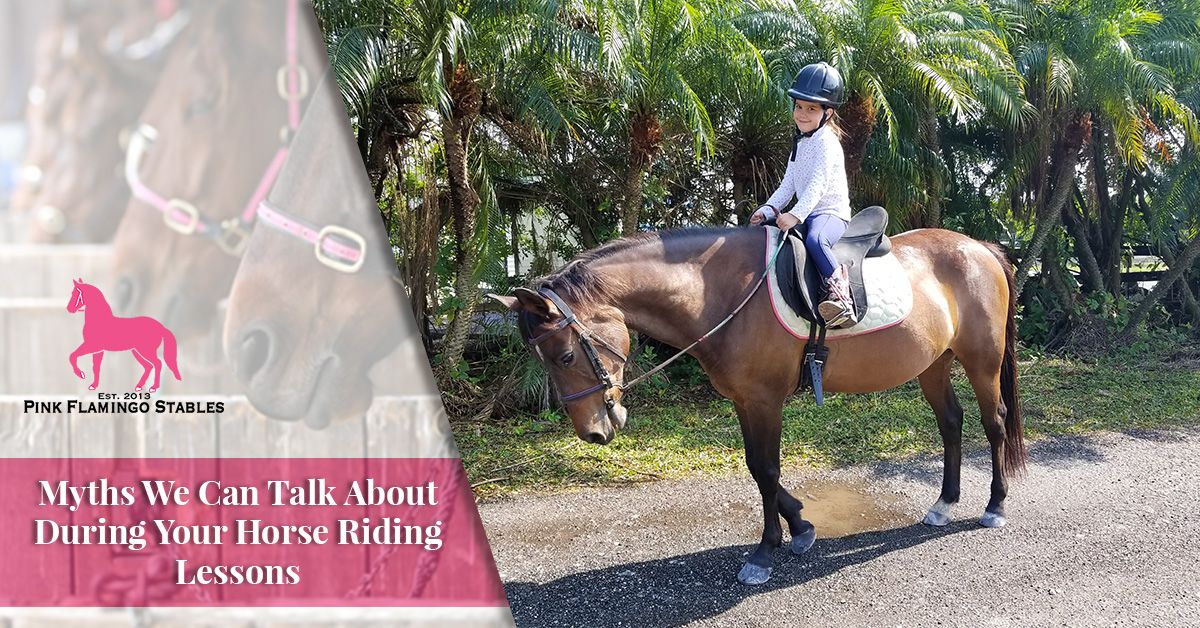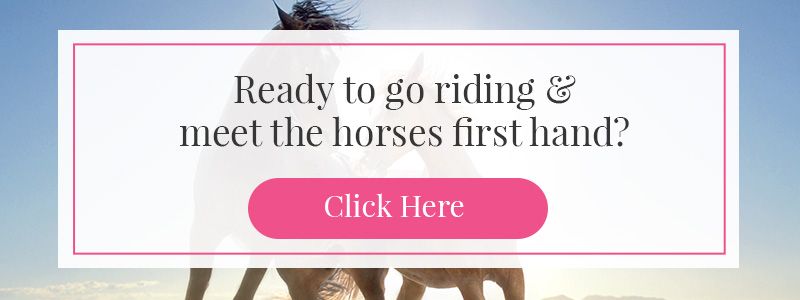In our previous blog we discussed many of the myths that surround the people who take horseback riding lessons or spend a lot of their time trail riding; myths that tend to dog equestrians. Some people seem to think that the horses aren’t treated well, when in truth most horse owners tend to spend a lot of time with them and treat them like family. Spending so much time with horses lead to the myth that people who spend time with horses only care about horses, when in fact we’re like everyone else and have varied interests. Two other myths we dispelled had to do with it being only rich people, namely girls, who ride horses; the fact is, people from all walks of life, boys and girls, enjoy riding horses. We also talked about the myth that horses are forced to do activities they don’t want to do during horseback riding, when in fact we’re simply taking advantages of the horses’ natural interest in walking, running, and jumping.
But those are all myths about the horse riders themselves and what they do with the horses during lessons or on a trail riding. What myths surround the horses themselves? Let’s take a look at some of the myths we’ve heard here in Lake Worth.


